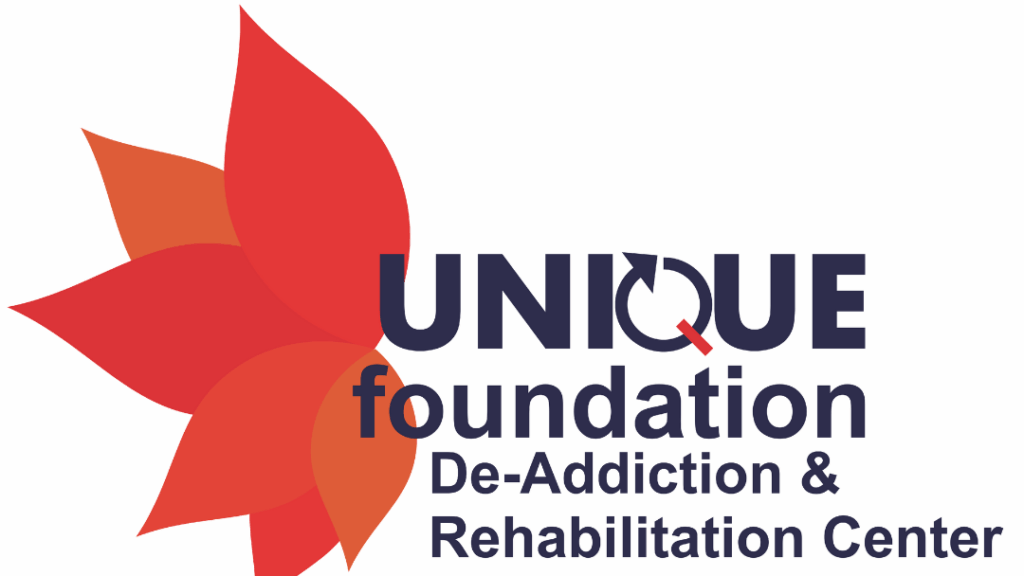
- Group Session
- Individual Counselling
- Family Counselling
- Group Counselling
- Yoga & meditation
Group Counselling
The road to recovery feels lighter when walked together. At Unique Foundation, we offer group counselling as a key part of our addiction recovery programs. As a trusted vyasan mukti kendra in Narhegaon Pune , our group sessions provide a safe, supportive environment where individuals can share their experiences and grow together.
What Is Group Counselling?
Group counselling is a form of therapy where a small group of people facing similar challenges comes together under the guidance of a trained therapist. In a group setting, patients listen, speak, learn, and heal through shared experiences.
It’s not just about talking — it’s about connecting, understanding, and realizing that you’re not alone in this journey.
Why Group Counselling Works in Addiction Recovery
Group therapy has proven to be highly effective in the treatment of alcohol, drug, and behavioral addictions. Here’s why:
- Shared experiences help reduce feelings of isolation
- Peer support creates motivation and accountability
- Open discussions lead to better emotional release
- Learning from others builds insight and self-awareness
- Sense of belonging boosts confidence and recovery progress
In our group sessions, you’ll discover strength not just within yourself, but also from those around you.
Our Group Counselling Approach
At Unique Foundation, we design group sessions that are warm, respectful, and confidential. Each session is led by an experienced counsellor who ensures everyone is heard and supported. We focus on real-life topics like:
- Coping with cravings and triggers
- Dealing with guilt, shame, or family issues
- Building communication and life skills
- Managing anger, stress, and emotions
- Preparing for life after treatment
Why We’re the Preferred Vyasan Mukti Kendra in Narhegaon Pune
We’re proud to be known as a reliable Vyasan mukti kendra in Narhegaon Pune. Here’s why patients and families trust us:
- Supportive and professional environment
- Qualified therapists with experience in addiction recovery
- Structured yet flexible counselling programs
- Holistic treatment approach including yoga, meditation, and family support
- A strong focus on long-term recovery and relapse prevention
FAQs
It provides a safe space to share experiences, gain support, and heal with others facing similar struggles.
Typically, 6 to 10 participants join a session, allowing personal sharing and group interaction.
Yes, we ensure complete privacy and a respectful, judgment-free environment for every participant.
Absolutely. You’re welcome to listen until you feel comfortable — participation grows naturally over time.
As a trusted Vyasan Mukti Kendra in Narhegaon Pune, we offer expert-led, compassionate group sessions focused on long-term recovery.
